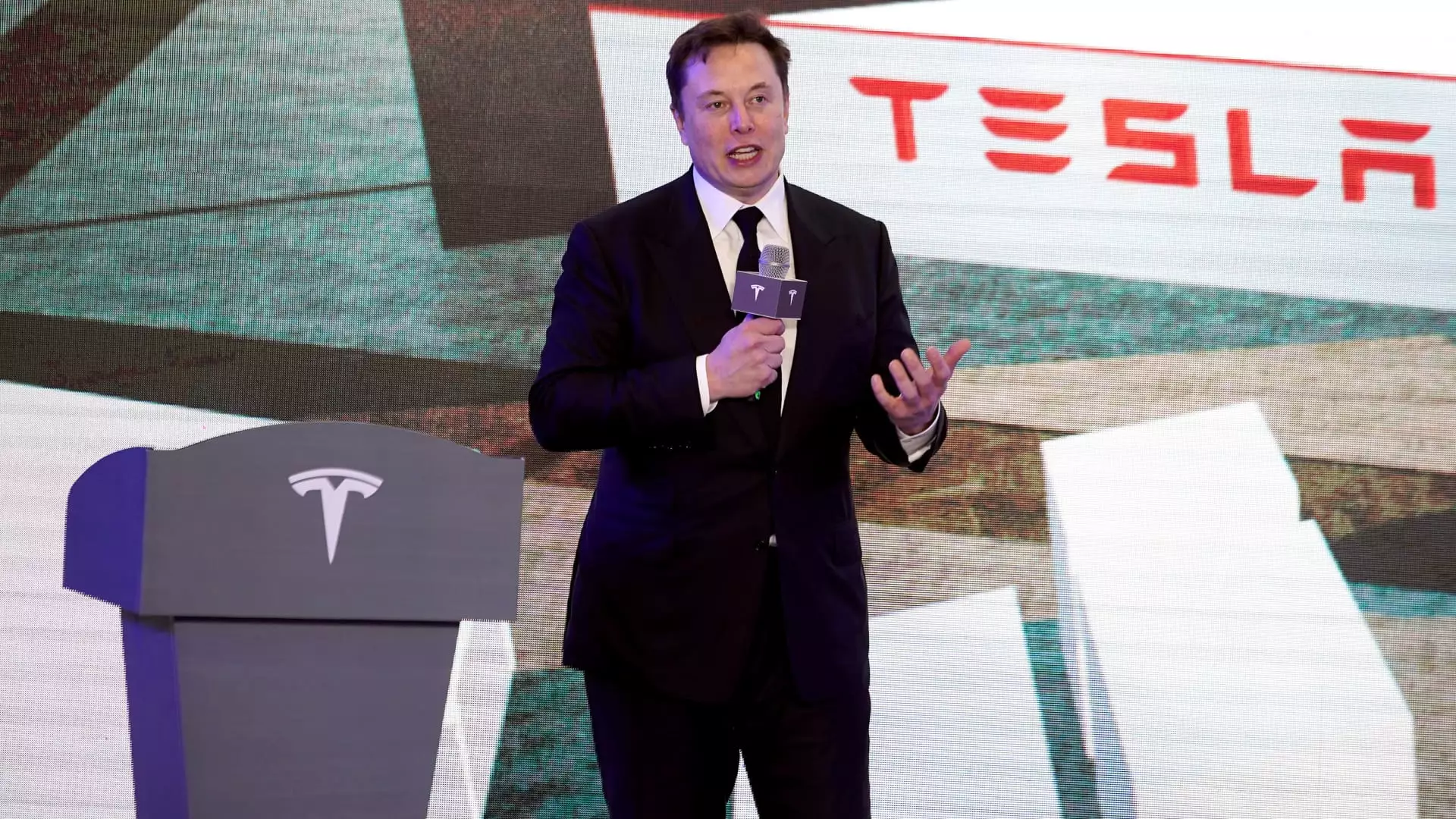Tesla, the electric vehicle giant spearheaded by Elon Musk, recently announced significant changes to its corporate bylaws, sparking a heated debate within the investment and legal communities. This strategic alteration formally limits shareholders’ capacity to initiate lawsuits against the company in cases where they allege breaches of fiduciary duty by the board or its executives. The alteration, effective since May 15, introduces a daunting threshold—shareholders must now possess at least 3% of Tesla’s outstanding shares to have the standing to file such derivative claims against the company. This development is particularly noteworthy given Tesla’s staggering market capitalization of over $1 trillion, making the requirement a tall order for most individual investors.
Legal Underpinnings of the Decision
The legal framework supporting this bylaw modification is rooted in Texas state law, a jurisdiction that offers favorable conditions for corporations wishing to insulate themselves from shareholder litigation. As highlighted by Ann Lipton, a renowned corporate attorney and legal educator, this law allows Texas-incorporated companies, like Tesla, to impose such thresholds. Lipton astutely observes that this bylaw change effectively creates a formidable obstacle for any shareholder aspiring to pursue legal remedies for perceived governance failures. In essence, it curtails the ability of smaller shareholders to challenge potentially unethical practices, leading to speculation about the intentions behind such measures.
Previously, when Tesla was incorporated in Delaware, a shareholder with just nine shares was able to mount a successful derivative lawsuit resulting in the rescindment of Musk’s controversial 2018 compensation package, which was found to lack necessary oversight. The legal precedent set by the Delaware Chancery Court underscores the potency of active shareholder engagement in corporate governance. It raises a critical question about whether the new bylaws are a proactive defense mechanism against similar instances of accountability.
The Implications for Shareholder Activism
The implications of Tesla’s newly adjusted bylaws extend far beyond the company itself, resonating throughout the broader landscape of corporate governance. By requiring a significant ownership stake to pursue litigation, Tesla effectively reinforces a culture that may discourage shareholder activism and dissent. This strategy could be perceived as a calculated maneuver to protect the interests of the executive leadership, especially Musk, whose decisions have drawn scrutiny in the past.
Historically, shareholders have wielded power in influencing and challenging corporate practices. However, with the escalation of financial barriers to legal action, the landscape may shift toward a less participatory model of corporate oversight. This move could embolden companies to adopt similar measures, potentially fostering a climate where executive actions are less scrutinized and accountability mechanisms are weakened.
Future of Corporate Governance at Tesla
The decision to limit shareholder lawsuits raises concerns about the future accountability processes within Tesla and perhaps other corporations adopting similar frameworks. Critics argue that these changes could diminish the transparency that stakeholders expect from a company with a reputation for innovation and forward-thinking. While proponents may argue that this shift promotes stability and focus on strategic growth, it risks alienating smaller shareholders who play an essential role in diversifying perspectives and holding management accountable.
Furthermore, the ongoing legal battle surrounding Musk’s 2018 compensation package and the lingering implications of the Tornetta suit could set a crucial precedent for how shareholder rights are treated in the future. Depending on the outcome of that case, Tesla’s structural changes could either reinforce or dismantle the barriers it has erected against shareholder litigation.
Cultural Consequences Within the Company
Culturally, this shift in governance could have far-reaching consequences within Tesla. The company has long cloaked itself in a narrative of disruption and innovation, relying heavily on the goodwill and support of its customer base and investors. However, by instituting stronger barriers to shareholder involvement, there is a risk that Tesla might erode trust among its stakeholders, leading to a disconnect between the management and its investor community. As other companies observe Tesla’s bold movements, they may take cues on how to navigate governance structures that prioritize executive protection over shareholder empowerment.
Ultimately, Tesla’s corporate bylaw adjustments serve not merely as a legal maneuver but as a reflection of broader tensions within corporate governance, innovation, and shareholder rights. The balance of power is shifting, and the implications of these changes might echo through the corridors of corporate America for years to come.

